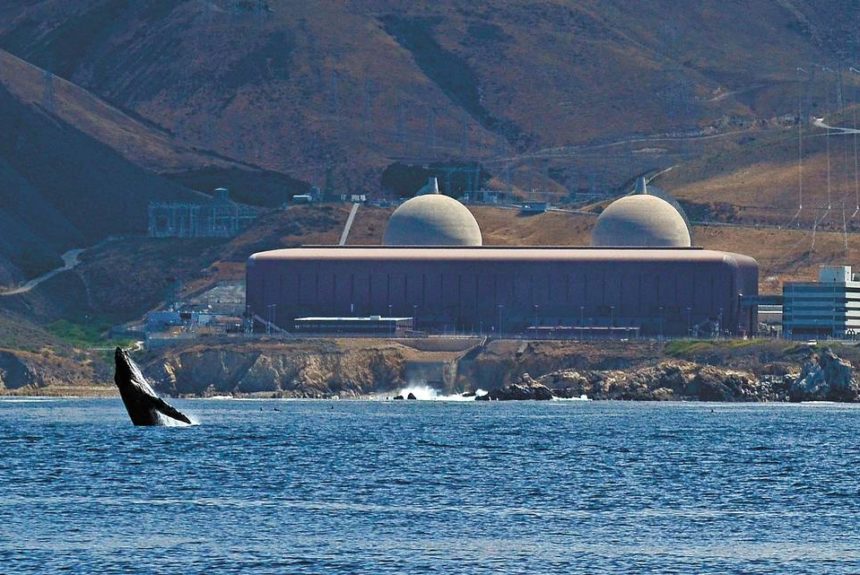Does the U.S. need more nuclear energy? The Steamboat Institute recently held a debate examining this question at Colorado Mesa University. Dr. Jessica Lovering, the Co-Founder and Executive Director of the Good Energy Collective argued for nuclear power, and Dr. Mark Z. Jacobson of Stanford University argued against increased use of nuclear energy.
The debate primarily focused on two issues: cost and safety. Dr. Lovering stressed that nuclear power is statistically one of the safest forms of energy. On a per terawatt basis, nuclear power accounts for fewer deaths than fossil fuels, geothermal, or wind. Jacobsen, who is a well-documented critic of nuclear power, shared his fears that increased nuclear energy usage would expedite the use of nuclear weapons. He even went so far as to say that small modular reactors were “basically weapons in a box.”
While policymakers should be cognisant of proliferation issues, these fears are largely misguided as the evidence does not suggest that nuclear energy use leads to nuclear weapons. India and Pakistan are the only countries with nuclear weapons whose nuclear energy program pre-dated their weapons program. Every other country either had a nuclear weapons program first or acquired nuclear energy and decided against pursuing weapons.
>>>READ: Congress Considers the State of Nuclear Fuel Recycling and Management
Furthermore, the uranium used to power nuclear reactors is enriched up to 5%, which is far less than the 90% enrichment levels that are required for nuclear weapons. While it is technically feasible to increase the enrichment levels of civilian uranium, this activity would be quickly detected by international regulators and watchdog organizations. With several treaties and governmental bodies established, there are sufficient safeguards in place to prevent nuclear weapons from falling into the wrong hands.
The two also discussed the economics of nuclear power. Jacobsen argued that new nuclear power plants take a long time to build, which makes the energy source an unsuitable option for our grid. Vogtle Units 3 and 4, which recently came online, was the country’s first new nuclear power plant in 30 years and was delayed by seven years and came in $17 billion over budget.
Jacobsen said, “New nuclear, in terms of capital costs, is almost 16 times the capital cost of new wind or solar. Considering the higher capacity factor [of nuclear power], it’s still about seven to eight times the levelized cost of energy of new nuclear versus new wind.”
While he is right that nuclear power is more capital-intensive and slow to build than other energy sources, he neglected to mention that many of these problems would be alleviated through a more efficient regulatory system. Better project management and a more mature supply chain—which would come with a concerted build-out of new nuclear power—would also reduce costs and timelines. Additionally, poor public policy artificially inflates the price of nuclear power.
>>>READ: Tech Giants Are Looking to Power the Cloud with Nuclear Energy
Dr. Lovering pushed back on Jacobsen’s argument by pointing out that nuclear energy has not historically been given the same subsidies and preferential treatment that solar and wind have. From production and investment tax credits to renewable energy portfolio standards, government intervention has artificially lowered the cost of these energy sources. To be sure, nuclear power has benefited from loan guarantees, tax credits for advanced reactors, a generous insurance regime, and production tax credits for existing plants via the Inflation Reduction Act. However, this money pales in comparison to what renewables have received.
The Steamboat Insitute’s debate brought together two advocates with diametrically opposing viewpoints to discuss important issues with civility and respect, which should be commended in today’s culture. Rather than singling out a single source of energy production, policymakers should pursue an “all of the above approach” that empowers market forces to determine what energy source we should use to reduce costs and emissions.
The views and opinions expressed are those of the author’s and do not necessarily reflect the official policy or position of C3.
